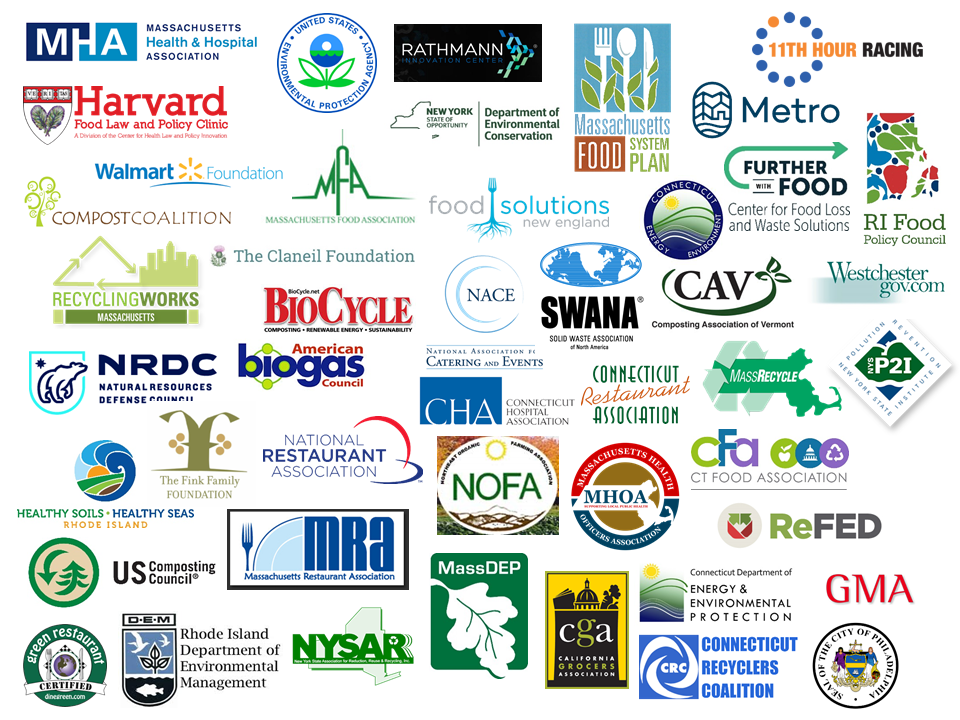If you are a government agency, foundation, or industry association, we can help you develop your wasted food reduction and diversion solutions
The Center for EcoTechnology draws from more than 20 years of experience providing technical expertise to help local, state and federal policy makers and businesses and institutions of all sizes develop and implement waste diversion solutions for many materials: wasted food, cardboard, paper, mercury, glass, metals, textiles, and more.
Contact us if you are a:
- Federal or state agency or department
- Municipal or city agency or department
- Foundation
- Industry group or association
How we can help you develop your wasted food diversion solution
Contact us to learn more about wasted food diversion and to begin developing your solution!
Hear what some of our partners in Rhode Island have to say.
Hear what MassDEP Commissioner Marty Suuberg has to say.
Thank You To Our Many Partners
Thank you to our many partners who make this work possible. CET works to leverage every investment in our work to help reach our individual and collective goals.
Foundations
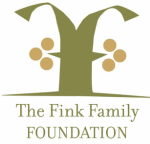


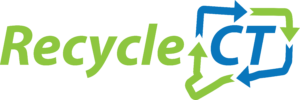

Federal Agencies
State Agencies
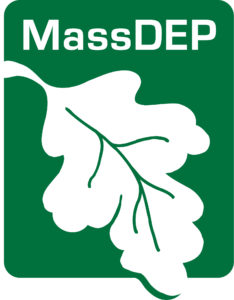
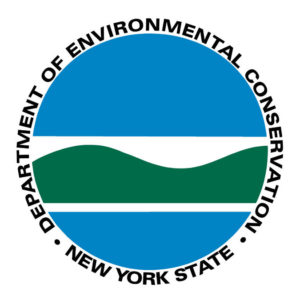
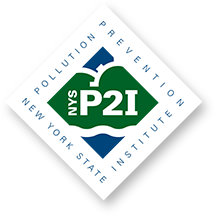
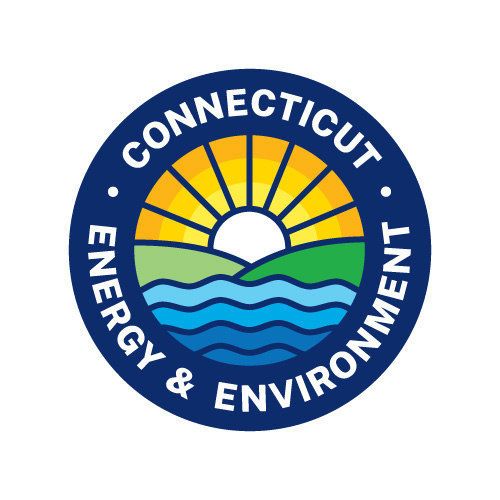
We also serve businesses and institutions directly on a fee for service basis. Our clients include Big Y, Yum! Brands, Del Monte, Blue Man Group, Covidien, Shriners Hospital, Lord Jeffrey Inn.
Take the next step!
To get started, give us a call at (888) 813-8552, email us at wastedfood@cetonline.org or fill out this form:
Thank you to our many partners from the region and beyond who make this work possible.
